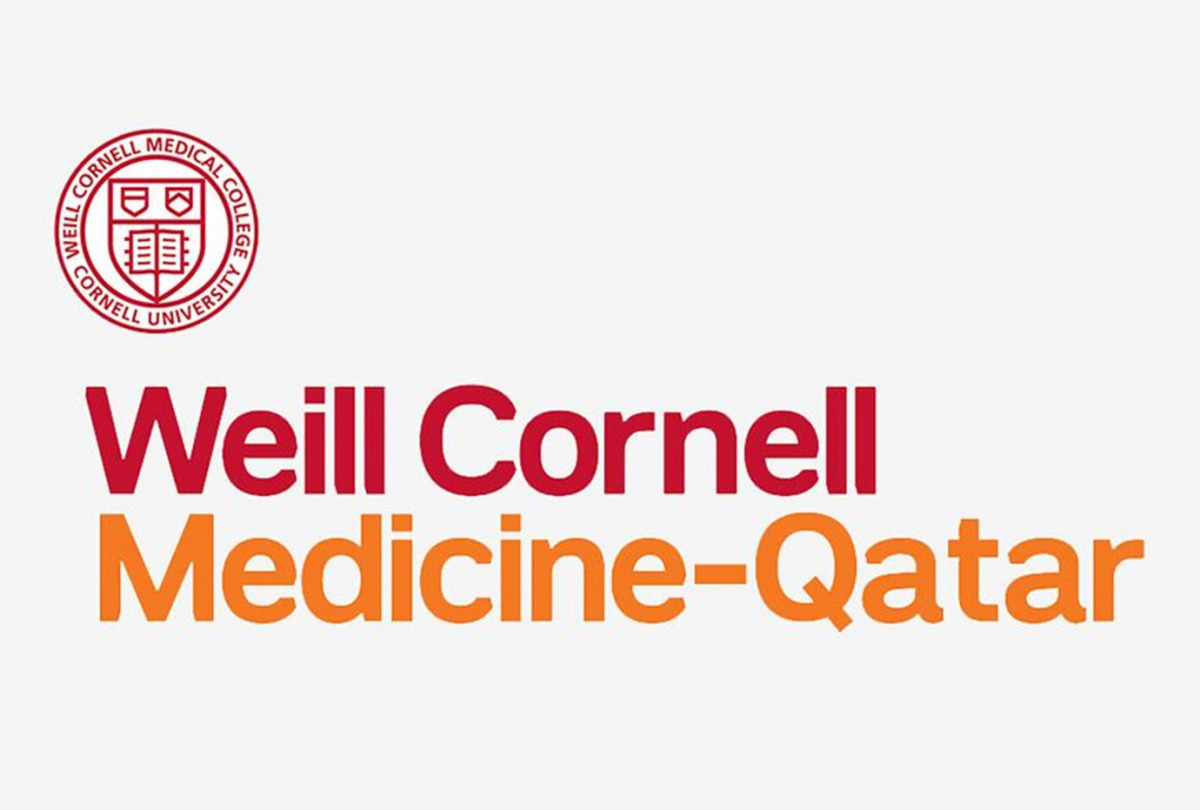The group on communicable disease epidemiology, affiliated with Weill Cornell Medicine Qatar, one of the partner universities of the Qatar Foundation for Education, Science and Community Development, has received accreditation of the World Health Organization as a collaborating center for the analysis of epidemiology of infectious diseases.
This accreditation obtained by the Epidemiology of Infectious Diseases Group, which was established more than a decade ago, is a pioneering achievement, after conducting more than 100 studies on the epidemiology of viral hepatitis, HIV / AIDS and diseases transmitted through physical contact in Region.
This group of specialized experts, the first of its kind in the Eastern Mediterranean region, seeks to make the region more prepared in the face of damage and losses that may be caused by infectious diseases, including hepatitis.
This center provides students with promising opportunities to participate in purposeful and practice-based research projects, and perhaps even the World Health Organization’s participation in the implementation of some of its programs. In the short term, it aims to focus its efforts on combating viral hepatitis and HIV / AIDS and diseases that It is transmitted through physical contact. As for the long term, the center aims to be a scientific reference for policymakers in the region in a way that ensures that public health policies and programs are based on strict scientific rules.
On this occasion, Dr. Laith Abu Raddad, Professor of Epidemiology and Infectious Diseases at Weill Cornell Medicine Qatar stressed the role of this group in enhancing understanding of the epidemiology of these diseases and forming a basis for the World Health Organization in formulating its general health policy and programs for the region in this field, pointing out that a group The epidemiology of infectious diseases on the status of a collaborating center with the World Health Organization is the result of the tireless work and continuous effort that the group has undertaken over the past decade.
He added that this accreditation allows Weill Cornell to be an official partner in an international cooperative network that supports the mission and public health programs of the World Health Organization, which helps to make a tangible and real impact on the region’s efforts to combat infectious diseases.
He stressed that the center will play an active role in supporting the World Health Organization to achieve its vision of a world free of hepatitis 2030, warning to increase the need for health care and public health requirements in the Eastern Mediterranean Region.
In turn, Dr. Ahmed Al-Manzari, WHO Regional Director for the Eastern Mediterranean said, “Collaborating centers such as the Epidemiology of Infectious Diseases Group at Weill Cornell Medicine Qatar are our main partners in our efforts to achieve our vision for the region” Vision 2023 “which adopts the goal of health for all and with the participation of all.
Dr. Al-Manzari praised the high-level political support provided by the State of Qatar and the leadership of the Qatar Foundation, which is distinguished by a long-term vision and the Ministry of Public Health, which is credited with launching these partnerships and achieving these strategic investments that benefit global health.
Viral hepatitis, known as the “silent killer”, causes hepatitis, which leads to serious complications such as liver cancer and its fibrosis. World Hepatitis Day, which falls on July 28 of each year, is also the fifth leading cause of death in the Eastern Mediterranean region, which is affected by hepatitis more than any other region in the world.
With more effective treatments available recently, the WHO global strategy aims to eliminate viral hepatitis by 2030. The Epidemiology of Infectious Diseases Group aims to help it achieve this goal.






























